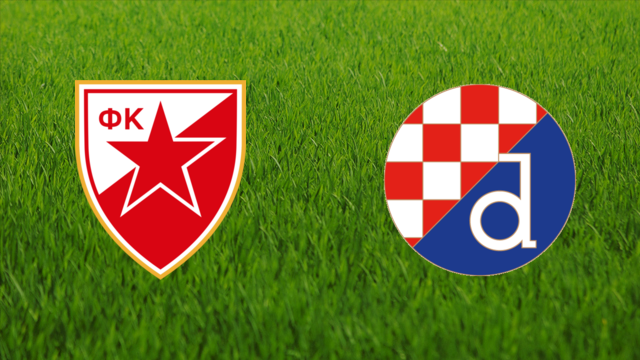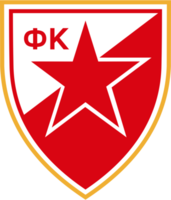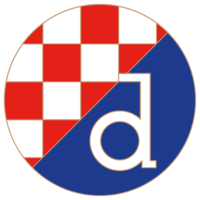
Thank you!
First of all, we’d like to tell you how grateful we are to all of you who stuck by us during our offline period. Thank you so much!
Keep Footballia alive!
But the threat is not gone. As you know, in recent months, Footballia has been in danger of disappearing. We’ve improved our protection so you can keep enjoying football history, but as a consequence, our expenses have increased.
How can you help?
Many of you have asked how you can help the project. The best way is to subscribe to Footballia Master. Not only will you make the project stronger, but you’ll get a bunch of cool features in return!




Adicionar um comentário
Comentários
Footballia thank you.
@Futballia "..Serbia is the direct heir of Yugoslavia, that's why it's under Serbia. Regards." Well it's not. Jugoslavija of that time SFRJ Socijalisticka Federativna Republika Jugoslavija (Yugoslavia) was all the 6 republics and not only Serbia so just change it. It is not llike you say in the wikipedia or any other historic record.
We're very well aware of the situation of the Socialist Republic of Yugoslavia. But we can only put it under one of today's nationalities. We're not getting into political issues, this is just a way to arrange the competitions, there's no other meaning.
I must say the Yugoslav Cup matches make more sense nowadays being under International>Europe (i.e. in European competions) rather under Serbia as they are now (i.e. as a Serbian competion). It is (was) a competition with clubs from different European (former Yugoslavian) countries (in our days). Please consider this. Regards.
Some typos: European competitions* as a Serbian competition* Sorry
This was a domestic competition at the time, by no means was it an international one. The fact that they're different countries nowadays doesn't change that. Serbia is the direct heir of Yugoslavia, that's why it's under Serbia. Regards.
I see why, but then I could say, for the same reason, the players shouldn't have an "updated" nationality (e.g. Serbia, Croatia et c.), i.e. should have the Yugoslavian flag next to their names. Not only would it make more sense, but it is also like that in Wikipedia. Regards.
Of course, but the nationalities are taken from an internet list of official countries and Yugoslavia or the USSR doesn't exist. And also what would we do with the Yugoslav players who played before and after the separation? We feel it's pretty straightforward this way. Regards!
Plus, this way we can see which country each Yugoslav player was from ;-)